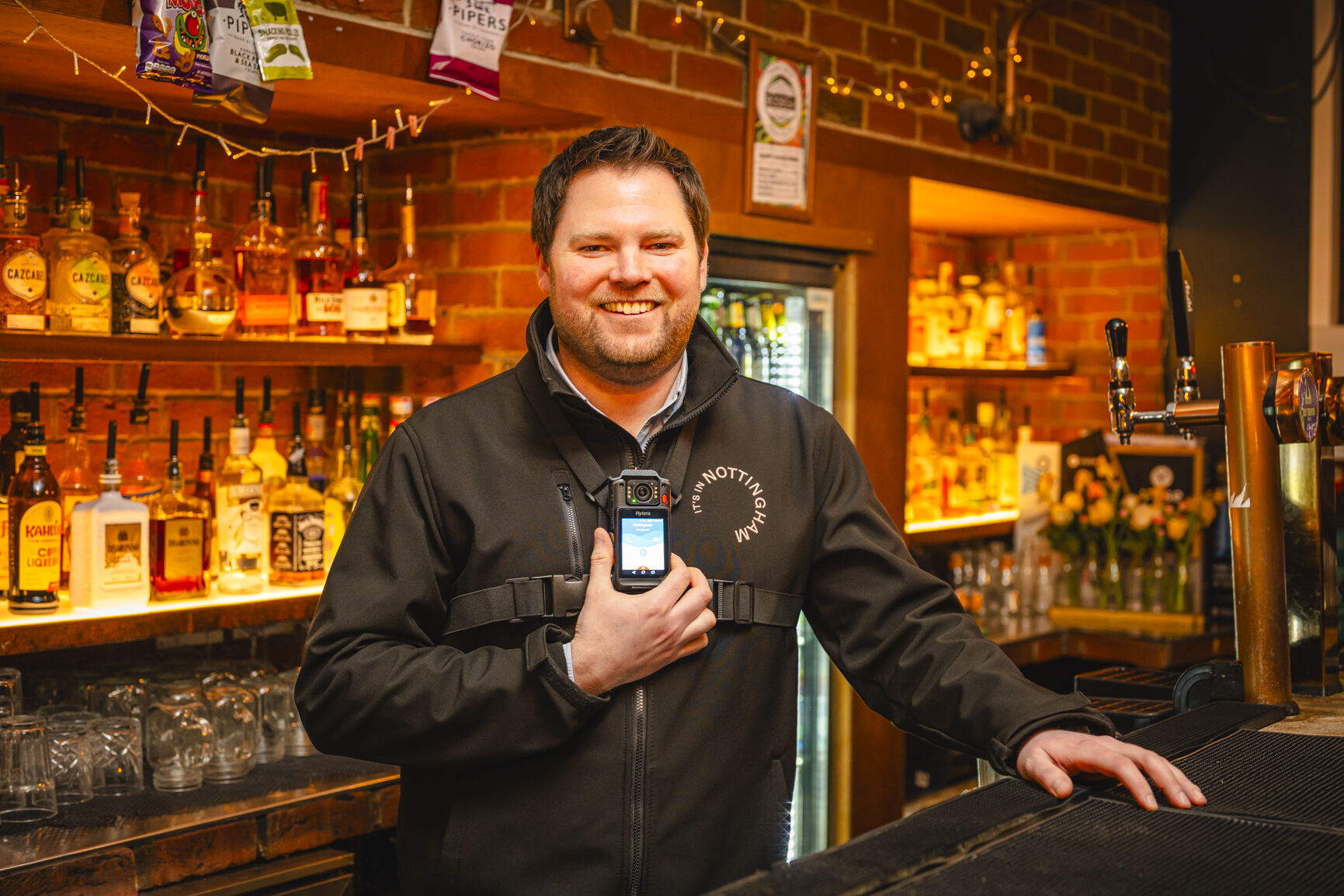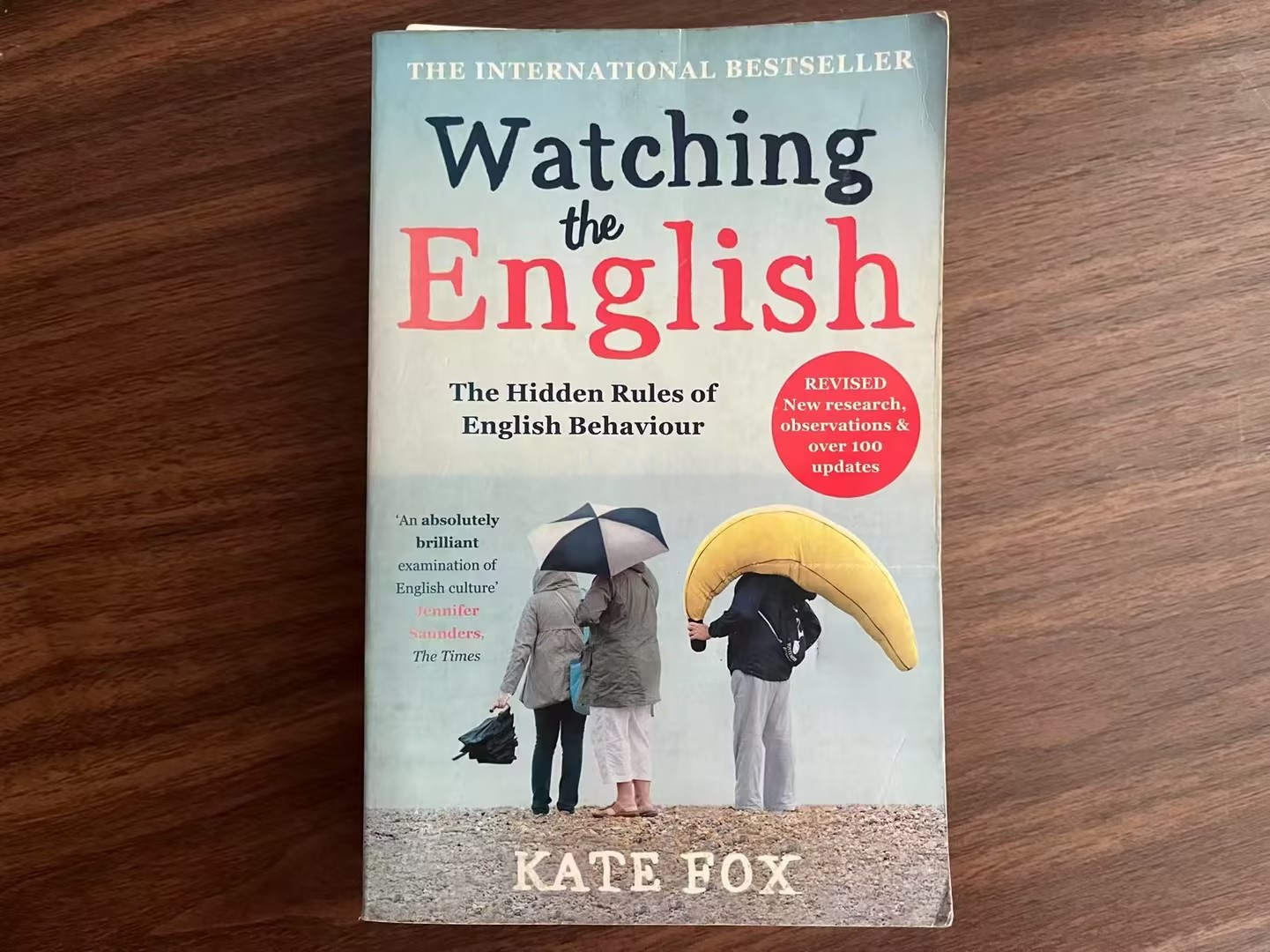My Observation at a Pub Where Bartender Wears Bodycam
Body Cameras
During a recent business trip to Slough, UK, I discovered a pub near my stay. Naturally, I took the opportunity to unwind with a pint of Guinness—loved it.
But what caught my attention wasn't just the beer. The bartender had a body camera strapped to his chest. I was pleasantly surprised, though I understood its purpose. Kudos to the pub owner—investing in technology to ensure staff safety is a clear sign of care. Not everyone behaves after a few rounds, and, to be honest, troublemakers don't always need alcohol to stir up problems.

Photo courtesy of It's in Nottingham
The Role of Body-Worn Cameras in Business
Body-worn cameras (BWCs), body cameras, or simply bodycams—different names for the same device, widely recognized for their effectiveness in deterring bad behavior and making staff feel more secure. Whether it's handling customer complaints, dealing with shoplifting, or managing altercations, bodycam footage provides clear, unbiased evidence. This helps resolve disputes fairly and quickly, protecting both employees and businesses.
However, adopting body cameras isn't without its challenges. Interestingly, the dollar investment is often not the biggest hurdle.
First, customers may feel uneasy knowing they're being recorded, especially in environments where they expect a degree of privacy—like pubs, cafés, or retail stores. Second, businesses must navigate complex data protection regulations such as GDPR. This means informing customers and staff about recording policies, securely managing footage, and ensuring responsible use.
Building a Consensus Around Bodycams
No single business can tackle these challenges alone. It requires public awareness, industry education, and ideally, a certain level of consensus across the bar counter.
That's what I noticed in the pub. As I enjoyed my Guinness, no one seemed to pay attention to the bartender's bodycam. It wasn't turned on—correctly following standard protocol. These cameras are typically used only when handling difficult situations, not for routine interactions.
The CONSENSUS was there. And I don't take that for granted. It's the result of active collaboration among businesses, authorities, and industry groups in the UK.
The Organizations Driving Change
Organizations such as National Association of Business Crime Partnerships (NABCP) and It's in Nottingham are making a real difference in this space in the country. NABCP works with businesses to improve security, reduce crime, and create safer working environments. They have partnered with leading security providers ShopSafe to promote body-worn camera solutions that help deter crime and provide valuable evidence for law enforcement. It's in Nottingham, the city's Business Improvement District (BID), deployed a hybrid community system, which combines essential radios, advanced body-worn cameras, and alert tool, empowering businesses and stakeholders to detect and prevent crime, protect staff, and enhance safety throughout the area.
A Personal Takeaway

As a marketing professional, seeing a bartender wearing a bodycam made me reflect on how businesses are evolving to enhance security and accountability. As a pub-goer—and a foreigner—I saw genuine care for the staff.
Of course, to truly blend in, I had done my homework: reading the Pub-Talk chapter from Watching the English: The Hidden Rules of English Behaviour.
My advice now? You actually can survive with just three words:
“One Guinness, please.”
And if that's not enough?
“One more, please.”
By the way, the pub I visited was called The Moon and Spoon.






